Student Blog
What are OS/OT?
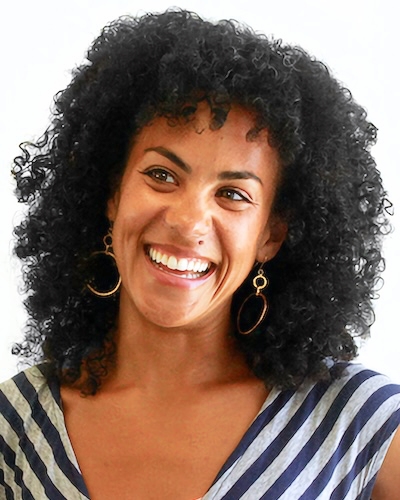
Week One down . . . 15 more to go! ⟩
September 3, 2013, by Ryan
Fieldwork What are OS/OT?
Last week was our first week back to classes for our fall semester. I cannot believe I am in my second year of OT school at USC and that it has been a year since I started this glorious program. My life is so different from when I started the program. I feel like l look at my life in such a different way and make better choices for myself because of the daily influence of OT. I am so excited for my future in such an amazing, creative, and inspiring career.
So, the summer was a very intense 12 weeks completing my Level II Fieldwork at a Pediatric Sensory Integration OT Clinic (if you haven’t heard of Sensory Integration look it up, it is so fascinating). I was amazed at how much work was involved but I learned SO much from the greatest supervisors (I had two of them, when usually you have one) and I appreciate OT’s even more. Clinical experience is so different than being in class. We talk about it a lot, but until you are really hands on for a good amount of time you just don’t understand it. I really think with this experience under my belt, I am going to get even more out of my classes this semester because I have developed treatment plans, documented notes, and treated clients on my own.
Well, I will keep you posted as the weeks go by . . .
⋯
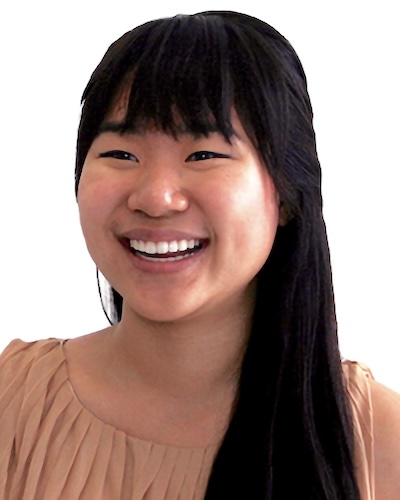
New beginnings ⟩
May 16, 2013, by Alisa
Beginnings and Endings Fieldwork What are OS/OT?
I can’t believe that I’m writing my last blog. I am graduating tomorrow.
Is this real life? Yes, I tell myself that it is really happening. I’ll be graduating from USC once again, but now, for my Master’s. It seems like yesterday that I was in undergrad, not completely sure what I wanted to do with my life.
I have found a profession that I’m excited to be a part of and that I know I could empower others while empowering myself.
This year has gone by so fast, and as I’m reflecting on the year, I’m actually feeling a bit sad. I have met so many great and genuine people, and I truly believe that in the OT program, I get to interact with those people everyday. I love my professors, I love my classmates, I love my co-workers, I love my friends I love my dogs. What more could I ask for?
I will miss leading tours for prospective students. I will miss the foods and snacks that my classmates bring in to share. I will miss yoga on the lawn during lunch hours. I will miss group projects. I will miss listening and talking to classmates. I will miss the compassion of the people in the program.
But I know those memories don’t have to end as we walk off the graduation stage. We can continue to check in with each other. We have various ways to do that, thanks to social media (I’m still a fan of snail mails). We have created a network of the Trojan family for life, and for that, I am grateful.
With every ending has a new beginning.
Monday I’ll start my last level-II fieldwork at the Veteran’s Hospital for 12 weeks. I’ll be working with people with traumatic brain injury. I’ll be pursuing my clinical doctorate degree in the fall and starting my residency at USC University Center of Excellence in Developmental Disabilities at Children’s Hospital Los Angeles in pediatric mental health. I’m super excited about that as well. Although I don’t have a lot of experience with children, I’m ready to learn. So I’ll be keeping myself busy in the summer and starting to study for the NBCOT exam. Come fall I’ll be a licensed occupational therapist! Woohoo!
⋯

Accessibility at Disneyland ⟩
April 23, 2013, by Alisa
Diversity What are OS/OT?
Last week my uncle and his family came to visit from Thailand. It was their first time in the United States. I had an eye-opening experience to begin to understand what it was like to live with a T4 spinal cord injury. I was playing tour guide for some of the days. At Disneyland the accommodations were spectacular. They have done a good job in making most of the rides accessible for people using wheelchairs. I had my handy dandy Guide for Guests with Disabilities. We went to Indiana Jones, It’s a Small World, the Jungle Cruise, Buzz Lightyear Astro Blasters, Finding Nemo Submarine Voyager, Star Tours, Railroad, Pirates of the Caribbean, Innoventions, the Haunted Mansion, Mickey’s House. While some of the rides didn’t require my uncle to transfer, many of them required transfer either to a higher seat or to a lower seat. My uncle thought that at times he was just going to wait for us, but I insisted that his son and I could lift him. He was able to enjoy all of the same rides with us, and I thought that this is how everywhere should be. I didn’t see my uncle as a person who is disabled, but the environment made him that way. I thought about universal design and the importance of making all spaces accessible for everyone. I appreciate the fact the guide provided a description of where the accessible entrances are located. During lunch we saw a Jedi Training Academy workshop for kids, and I also got to learn more about what it’s like to live with a spinal cord injury for over 20 years. He knew I was studying to be an occupational therapist and even offered himself as a case study. After I took them to get jelly beans and dinner at Rainforest Café, I dropped my uncle and his family off at the hotel exactly at midnight. It was a Cinderella story after all.
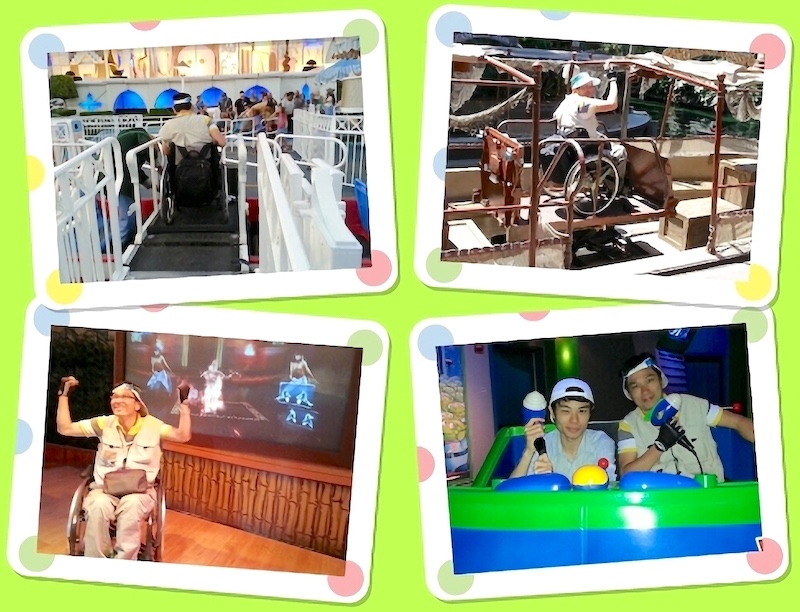
⋯
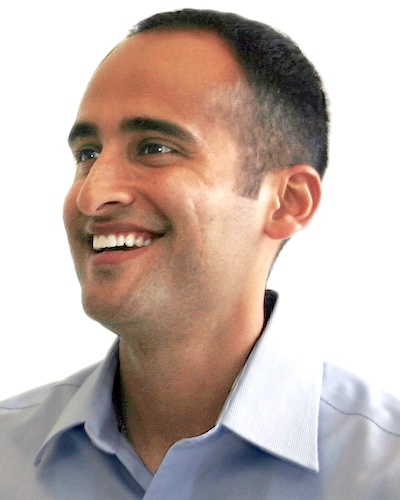
Feelin Competent ⟩
April 18, 2013, by Ricky
Classes What are OS/OT?
Last night was our practicum in motor control class. A practicum, in this case, is an exam that tests your application of techniques learned in class (and practiced in lab). The techniques we were tested on were primarily mobilizations. You would typically be using mobilizations with someone who has experienced neurological trauma which has impacted their ability to control certain muscles. Mobilizations help align and stretch affected areas and provide feedback to the nervous system. To do a mobilization, you place your hands on respective landmarks throughout the skeletal system and apply force in varying directions. Apparently, our instructor has a great deal of faith in us because he had us do the mobilizations BLINDFOLDED! The anticipation of doing an exam blindfolded was pretty nerve-wracking. However, once we got started, it was as if my body was on auto-pilot. I was surprised by how natural it felt. This was such a confidence-booster. At the end, the clinical instructor provided us with feedback. He had no comments for me! I was pretty ecstatic.
⋯
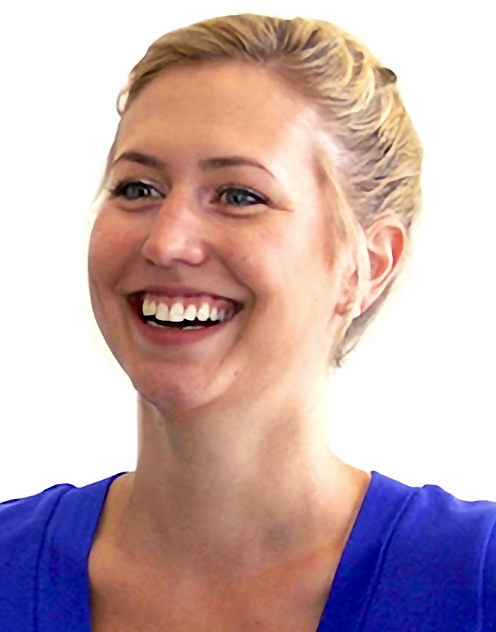
Goodwill and OT ⟩
April 10, 2013, by Kendra
Externships What are OS/OT?
These last few weeks I have had several transformative experiences, but more on those later. Last weekend was the OT Extravaganza, an event hosted each year by the Division of OS and OT and put together by members of PTE (the student honor society). This year’s theme was Leadership, and as part of the event students were allowed to enter their Leadership Externship experiences into a competition.
I am thrilled to say my partner Jane and I won for our work with Mujeres Fuertes along with two other amazing gals who went to Costa Rica.
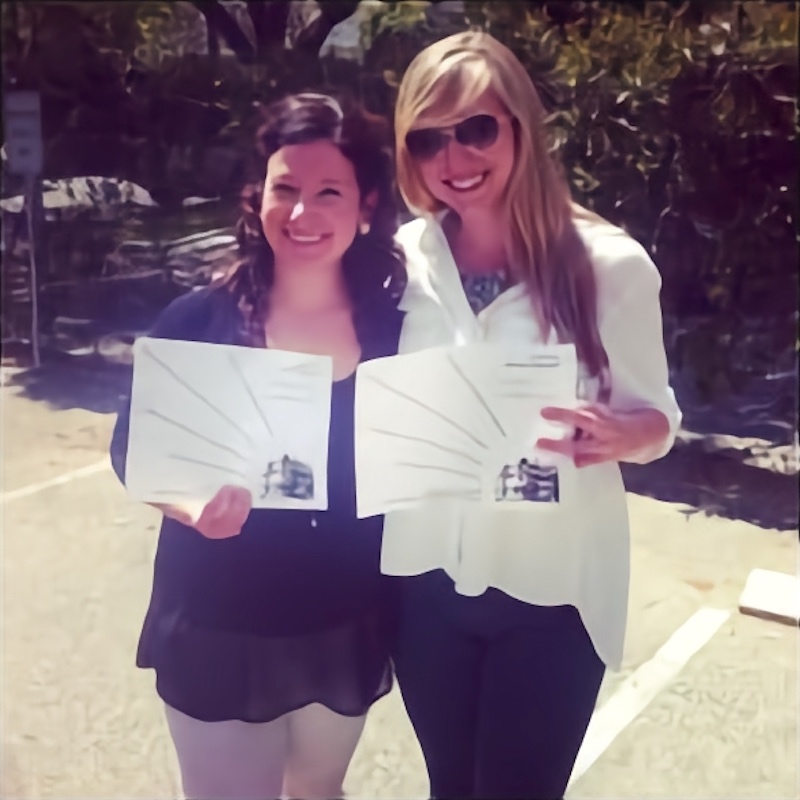
This was such a HUGE honor and a source of immense pride for Jane and myself because we have also been awarded the Extraordinary Engagement Award by USC for our work with Mujeres Fuertes. It feels like here at the end of our education that things are falling into place, that our education has helped us to become not just advocates for OT, but for women, health, and the community. And that’s just one program!
My heart was near to bursting on Sunday, after so much good will from our school, when we returned to the group to lead a stress management session. Every. Single. Time that I work with the women, share with them, learn from them I feel transformed. I forgot in my desire to help others make positive change, that their lives can have a tremendous impact on my own. I feel that I have a new community of support bonded by the simple fact that we are women and we want to feel better about our lives.
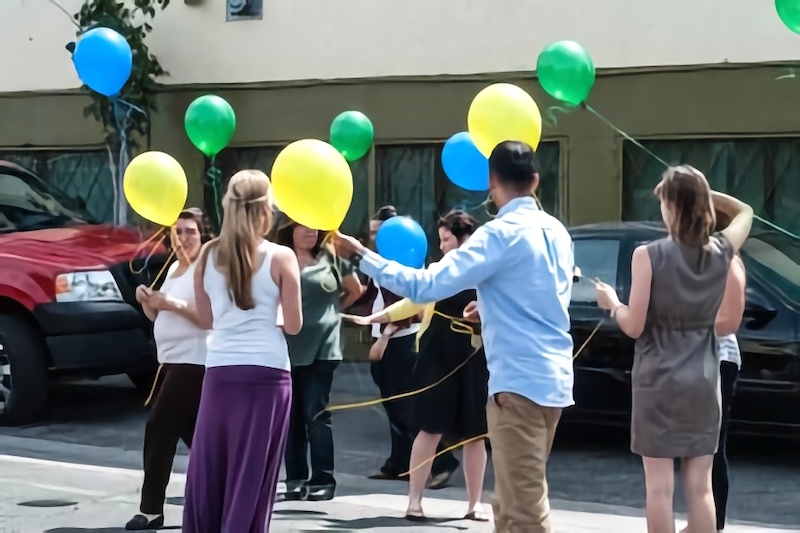
Above we are “releasing” the stress we cannot control by tying it to a balloon and letting go. Such a simple exercise carried so much weight and meaning to all of us.
Occupational therapy is so powerful, not just for the client but for the therapist as well. I feel an enormous wealth of positivity surrounding me as I make my transition from school to the workforce.
⋯





